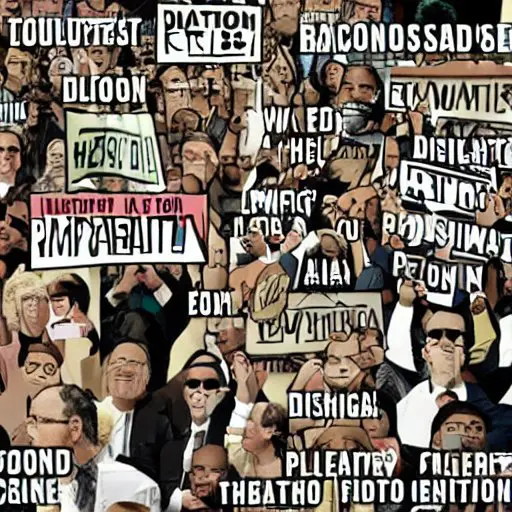Cyberbullying involves the use of digital technologies, like social media, texting, and websites, to harass, intimidate, or embarrass individuals. Unlike traditional bullying, its digital nature allows for anonymity and a wider audience. Cyberbullies employ various tactics such as sending threatening messages, spreading rumors online, posting sensitive or derogatory information, or impersonating someone to damage their reputation — on to more sinister and dangerous actions like doxxing.

Geopolitical impact of cyberbullying
In recent years, cyberbullying has transcended personal boundaries and infiltrated the realm of geopolitics. Nation-states or politically motivated groups have started using cyberbullying tactics to intimidate dissidents, manipulate public opinion, or disrupt political processes in other countries. Examples include spreading disinformation, launching smear campaigns against political figures, or using bots to amplify divisive content. This form of cyberbullying can have significant consequences, destabilizing societies and influencing elections.
Recognizing cyberbullying
Identifying cyberbullying involves looking for signs of digital harassment. This can include receiving repeated, unsolicited, and aggressive communications, noticing fake profiles spreading misinformation about an individual, or observing coordinated attacks against a person or group. In geopolitics, recognizing cyberbullying might involve identifying patterns of disinformation, noting unusual social media activity around sensitive political topics, or detecting state-sponsored troll accounts.
Responding to cyberbullying
The response to cyberbullying varies based on the context and severity. For individuals, it involves:
- Documentation: Keep records of all bullying messages or posts.
- Non-engagement: Avoid responding to the bully, as engagement often escalates the situation.
- Reporting: Report the behavior to the platform where it occurred and, if necessary, to law enforcement.
- Seeking Support: Reach out to friends, family, or professionals for emotional support.
For geopolitical cyberbullying, responses are more complex and involve:
- Public Awareness: Educate the public about the signs of state-sponsored cyberbullying and disinformation.
- Policy and Diplomacy: Governments can implement policies to counteract foreign cyberbullying and engage in diplomatic efforts to address these issues internationally.
- Cybersecurity Measures: Strengthening cybersecurity infrastructures to prevent and respond to cyberbullying at a state level.
Cyberbullying, in its personal and geopolitical forms, represents a significant challenge in the digital age. Understanding its nature, recognizing its signs, and knowing how to respond are crucial steps in mitigating its impact. For individuals, it means being vigilant online and knowing when to seek help. In the geopolitical arena, it requires a coordinated effort from governments, tech companies, and the public to defend against these insidious forms of digital aggression. By taking these steps, societies can work towards a safer, more respectful digital world.




































































